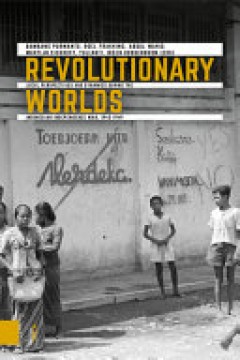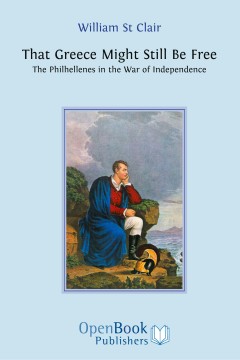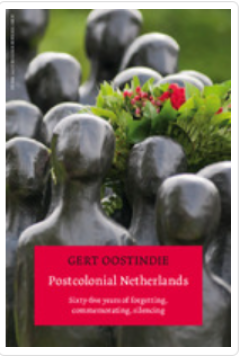Filter by

Revolutionary worlds. Local perspectives and dynamics of the Indonesian Indep…
Revolutionary Worlds looks at the Indonesian revolution (1945-1949) from a local and regional perspective. With seventeen contributions, Indonesian and Dutch researchers bring to life the revolutionary world from widely differing perspectives. The authors explain how Indonesian, Chinese, Indian and Eurasian civilians, fighters, farmers and officials experienced and shaped the often volatile per…
- Edition
- 1
- ISBN/ISSN
- 9789463727587
- Collation
- 538p
- Series Title
- Onafhankelijkheid, Dekolonisatie, Geweld en Oorlog in Indonesië 1945-1950,
- Call Number
- 950 REV b

Empire’s violent end : comparing Dutch, British, and French wars of decolo…
In Empire's Violent End, Thijs Brocades Zaalberg and Bart Luttikhuis, along with expert contributors, present comparative research focused specifically on excessive violence in Indonesia, Algeria, Vietnam, Malaysia, Kenya, and other areas during the wars of decolonization. In the last two decades, there have been heated public and scholarly debates in France, the United Kingdom, and the Netherl…
- Edition
- 1
- ISBN/ISSN
- 9781501764165
- Collation
- 246p
- Series Title
- -
- Call Number
- 325.309405 EMP b

Sporen vol betekenis
The struggle for independence in Indonesia between 1945 and 1949 has literally and figuratively left its mark. Through images and text the authors take the reader along on their quest through people, objects and places in Indonesia and the Netherlands. This bilingual Indonesian/Dutch book focuses on the personal experiences of civilians and soldiers who experienced the conflict at close quarter…
- Edition
- 2
- ISBN/ISSN
- 9789463726580
- Collation
- 312 p
- Series Title
- -
- Call Number
- 950

That Greece might still be free; : the Philhellenes in the War of Independence
When in 1821, the Greeks rose in violent revolution against the rule of the Ottoman Turks, waves of sympathy spread across Western Europe and the United States. More than a thousand volunteers set out to fight for the cause. The Philhellenes, whether they set out to recreate the Athens of Pericles, start a new crusade, or make money out of a war, all felt that Greece had unique claim on the sym…
- Edition
- -
- ISBN/ISSN
- 9781906924027
- Collation
- xi, 419p. ; ill.
- Series Title
- -
- Call Number
- 949.506 CLA t

Postcolonial Netherlands : sixty-five years of forgetting, commemorating, sil…
The Netherlands is home to one million citizens with roots in the former colonies Indonesia, Suriname and the Antilles. Entitlement to Dutch citizenship, pre-migration acculturation in Dutch language and culture as well as a strong rhetorical argument (‘We are here because you were there’) were strong assets of the first generation. This ‘postcolonial bonus’ indeed facilitated their int…
- Edition
- -
- ISBN/ISSN
- 9789048514021
- Collation
- 290p.: ill.
- Series Title
- -
- Call Number
- 940.5 OOS p
Responding to the west: essays on colonial domination and Asian agency
The nine essays of this volume, spanning from the eighteenth to mid-twentieth century, highlight the workings of, and reactions to, colonial domination in Asian contexts. The scholars, which include Victoria Haskins of the University of Newscastle, use a range of social science history methods to explore new paths to colonial history. How were individuals, groups, and social categories able to …
- Edition
- -
- ISBN/ISSN
- 9789048508204
- Collation
- 181 p. : ill., map ; 24 cm.
- Series Title
- ICAS publication series. 5
- Call Number
- 325.3095 RES r
 Computer Science, Information & General Works
Computer Science, Information & General Works  Philosophy & Psychology
Philosophy & Psychology  Religion
Religion  Social Sciences
Social Sciences  Language
Language  Pure Science
Pure Science  Applied Sciences
Applied Sciences  Art & Recreation
Art & Recreation  Literature
Literature  History & Geography
History & Geography